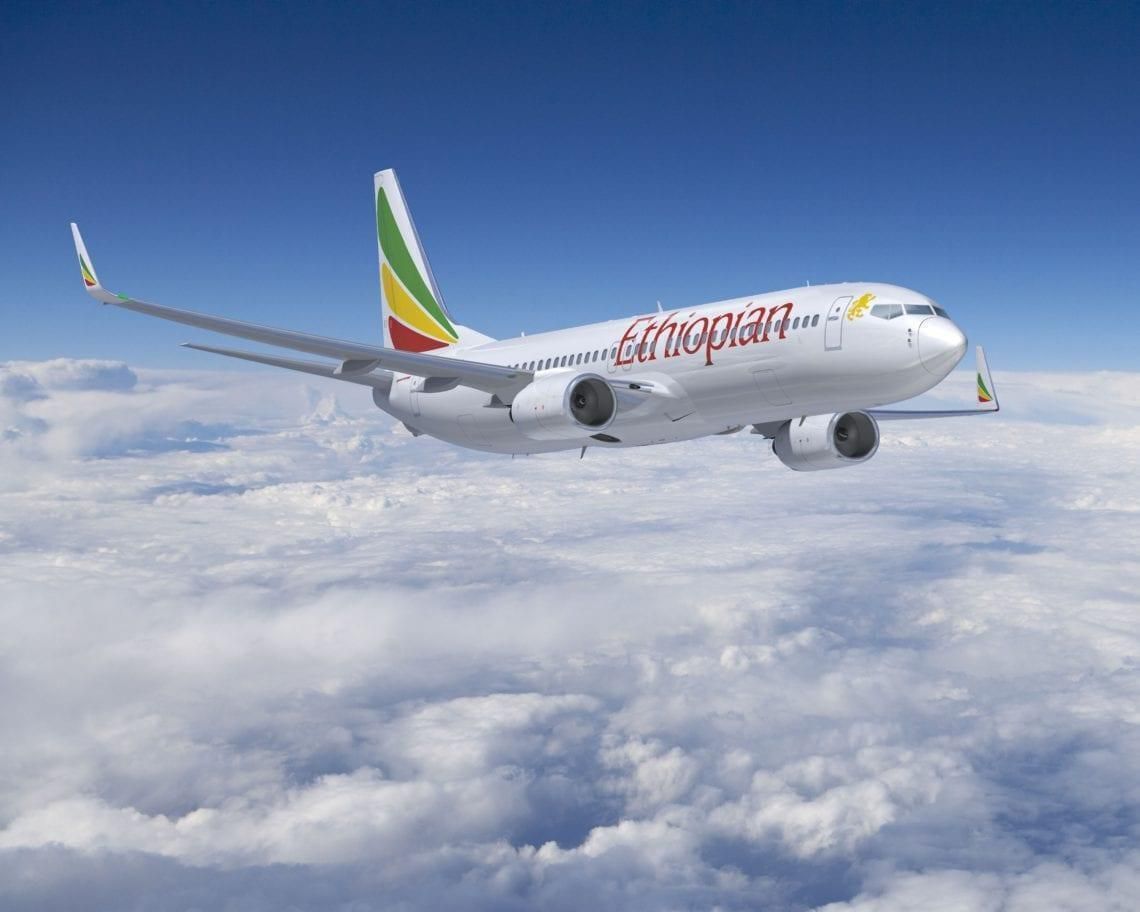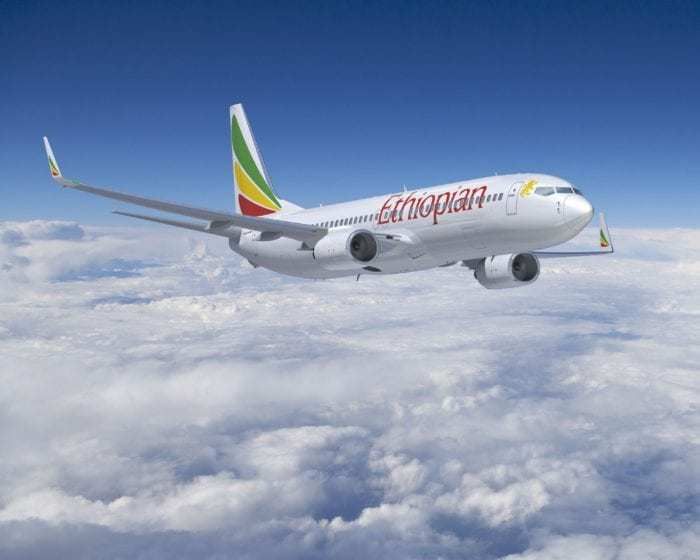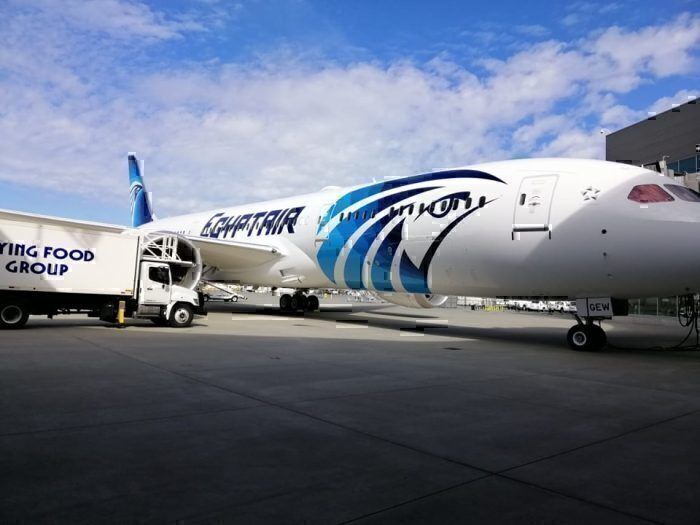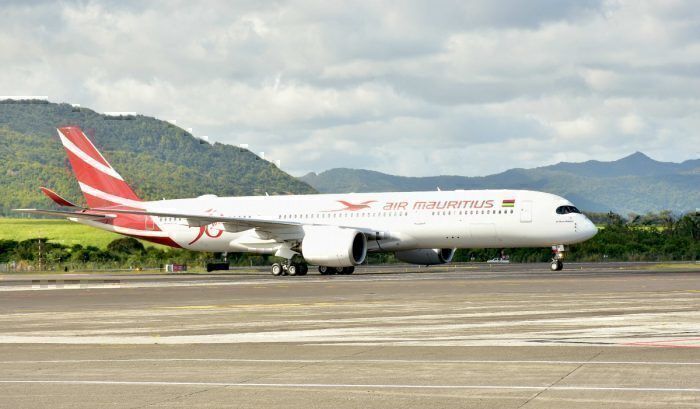The International Air Transport Association (IATA) has asked authorities in Africa to focus on four priorities going forward. Moreover, the group says that these points will help economic and social growth within the continent.
What are the priorities?
According to a press release from the organization, IATA hopes to reach the United Nations Sustainable Development Goals (UN SDG). The four priorities that it has listed are listed as follows.
- Safety
- Cost-competitiveness
- Opening the continent to travel and trade
- Gender diversity
IATA’s director general and CEO, Alexandre de Juniac, spoke about these factors at the 51st Annual General Assembly of the African Airline Association (AFRAA) in Mauritius. He said that that the region has the capacity to develop a rich aviation industry while demand grows over the next period.
"Across the African continent, the promise and potential of aviation is rich. Already it supports USD 55.8 billion in economic activity and 6.2 million jobs. And, as demand more than doubles over the next two decades, the critical role that aviation plays in Africa's economic and social development will grow in equal proportion,” he said.
“With the right tax and regulatory framework, the opportunities aviation creates to improve people's lives are tremendous."
Safety
In regards to safety, the IATA has broken down the improvements needed into three points. It wants more states to implement the IATA Operational Safety Audit (IOSA) into their safety models. At the moment, Mozambique, Rwanda, Togo, and Zimbabwe apply the use of this.
Furthermore, IATA wants smaller airlines to become certified under the IATA Standard Safety Assessment (ISSA). Finally, it wants more African nations to introduce ICAO standards and recommended practices in their regulations.
Cost-competitiveness
In a bid to improve cost-competitiveness, the group has called on states to follow ICAO standards and recommend practices for taxes and fees. It also wants hidden costs to be disclosed, and eliminate taxes or cross-subsidies on international jet fuel.
Along with this, there are calls for authorities to follow treaty obligations. It also wants to ensure the efficient repatriation of carrier income at reasonable exchange rates. Currently, funds are blocked in 19 countries in the region.
Opening the continent to travel and trade
By opening up the doors of the land, IATA hopes that this will give airlines the freedom to do business and citizens the freedom to explore their continent. In addition, it hopes that the African Continental Free Trade Area (AfCFTA) will boost intra-Africa trade with the dropping of duties and non-tariff barriers.
Also, it has listed the African Union (AU) Free Movement Protocol as aw way to reduce strict visa restrictions that countries within the continent impose on each other. The institution has also called for the Single African Air Transport Market (SAATM) project to open up connectivity.
Gender diversity
IATA has called for the aviation market to improve its gender diversity and has also asked carriers to support the 25by2025 campaign. This is a recently launched voluntary program for operators to pledge commitment to increase female roles at senior levels.
Ultimately, it wants a 25 percent increase in female participation by 2025. Altogether, the group feels that women are under-represented in technical professions and at higher-level management within airline companies. Therefore, it hopes that Africa can be a leader within this field.
Important changes
According to IATA, Africa will see an extra 199 million passengers by 2037, for a total market of 334 million passengers. By focusing on the priorities listed in the press release, the continent can hold a major presence in the future of aviation.
The African market is currently changing because of new business segments opening up within the continent. This has attracted the attention of other operators across the globe. Additionally, its ever-growing tourism industry will also require the correct measures to be put in place.
What do you think of these priorities set by IATA? Let us know your thoughts in the comment section.




